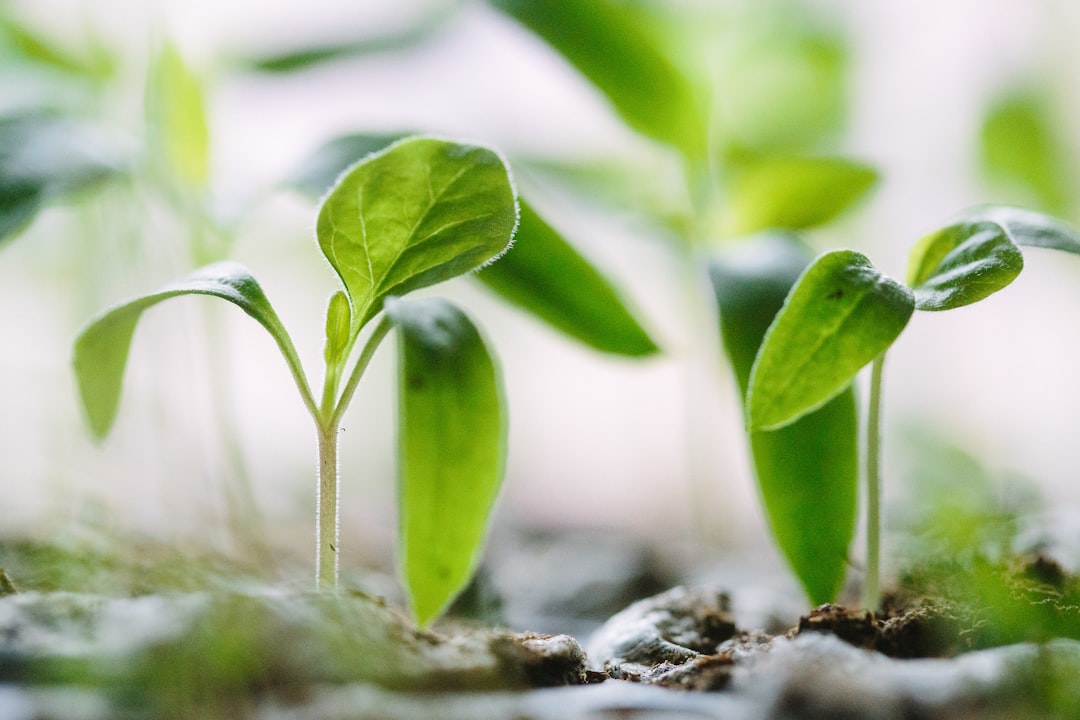Growing Tree Whips in Vertical Farms? New Trial Aims At Proving Benefits
Discover the 10 things to know for this week in the indoor vertical farming sector.

Good morning readers, new expansion facility, debt financing, promising regions, new partnerships and much more!
Here are the 10 things to know at the end of the week for the indoor vertical farming sector!
1- Vertical Farming in The Middle-East: A Promising Future
Over the past few months, vertical farming in the middle east has expanded exponentially given the environmental conditions (Arable land is scarce, harsh weather, and access to water is hard), most countries in the GCC region import more than 90% of the food consumed in their respective territories. The pandemic and the subsequent supply chain disruptions caused by it has shed light on the importance of food security and independence for some of these countries that faced important disruptions in their food supply, empty shelves, and inflated prices.
Driven by international companies such as AeroFarms, Crop One Holding, or Infarm, as well as local champions such as Red Sea Farms, and Pure Harvest Smart Farm, the region is attracting an increasing number of companies and talented individuals to bolster the region’s food supply. Since that, governments in the region have implemented new food security plans in order to decrease their reliance on other countries and guarantee their independence.
2- AeroFarms Expands To Pittsylvania County, Virginia
Governor Glenn Youngkin announced in a recent press release that AeroFarms, a Certified B Corporation and world leader in indoor vertical farming, will create sixty-six additional new jobs and increase production of freshly-grown leafy greens as part of a major operational expansion of its new vertical farm in Pittsylvania County.
This farm, a 138,670 square-foot, state-of-the-art facility, would be considered “the largest in the world of its kind”. These new hiring commitments are in addition to the 92 jobs pledged previously to be located in Cane Creek Centre, a joint industrial park owned by the City of Danville and Pittsylvania County. This expansion is being driven by the company’s decision to expand production to meet increased customer demand. Virginia successfully competed against other states for the project.
3- Freight Farm Nets USD 12 Million Financing From Cambridge Trust
Cambridge Trust Company, a subsidiary of Cambridge Bancorp (NASDAQ: CATC), has provided $12 million in debt financing to Freight Farms to expand its product offering and pursue its growth objectives. Founded in 2012, Freight Farms has a network of connected hydroponic container farms serving customers around the world ranging from small business farmers to those within the corporate, hospitality, retail, education, and nonprofit sectors.
“We are pleased to provide an innovative and meaningful debt facility to advance Freight Farms’ efforts to expand its product offerings and achieve its growth objectives,” said Chris Roy, Director, Innovation Banking at Cambridge Trust. “With a talented management team and well-designed products serving a critical need, we believe Freight Farms is poised to transform agriculture over the years ahead as sustainability and access to quality produce become ever more important.”
4- New Trial Aims At Growing Apple Tree with Aeroponics
Indoor farming technology provider, LettUs Grow, and fruit farmers, Bardsley England, have partnered to trial apple tree whip propagation using soilless growing technology as per LettUs Grow’s latest statement.
Bardsley England has been growing fruit trees in the UK since 1892, producing high-quality apples, pears, plums, and apricots predominantly for supermarkets. They operate across 23 sites over 850ha of land throughout Kent.
Keep reading with a 7-day free trial
Subscribe to Indoor Vertical Farming Newsletter® to keep reading this post and get 7 days of free access to the full post archives.



